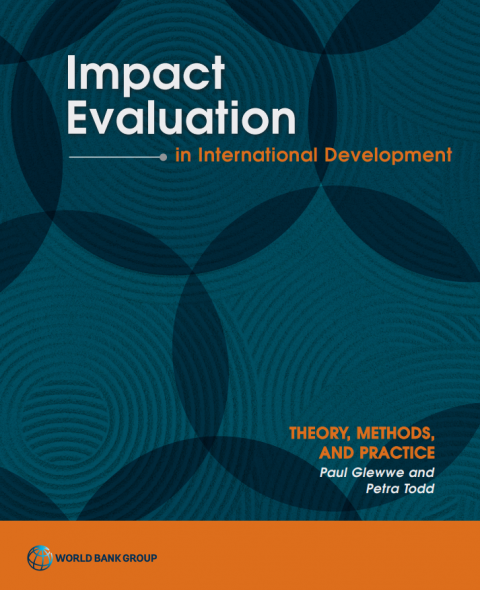Impact evaluations are studies that attempt to measure the causal impact of a project, program or policy on one or more outcomes of. This book provides a comprehensive exposition of how to conduct impact evaluations.
Part I provides an overview of impact evaluations and comprises five chapters which are accessible to readers who have few or none of the technical (statistical and econometric) skills that are needed to conduct impact evaluations.
Parts II and III make use of statistical and econometric methods and are at a level similar to a graduate-student course but written to make them accessible to the ambitious reader whose skills are not at that level. Part II presents, a comprehensive discussion of the use of randomized controlled trials (RCTs) to conduct impact evaluations, including a general discussion of the ethical issues involved in conducting impact evaluations.
Part III presents the main non-experimental methods that are used to implement impact evaluations when RCTs are not feasible or not recommended for other reasons.
Part IV then considers more practical issues when conducting impact evaluations, including designing questionnaires, data collection methods and survey management, and disseminating results to policymakers. Finally, Part V addresses two topics in impact evaluation: qualitative methods for conducting impact evaluations, and cost-benefit and cost-effectiveness analysis.
